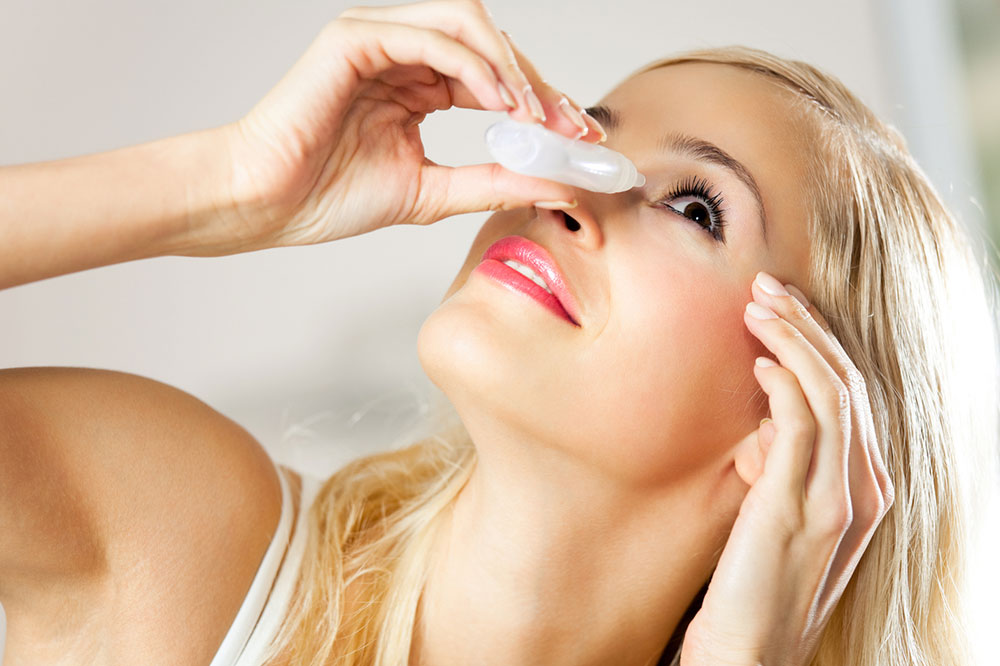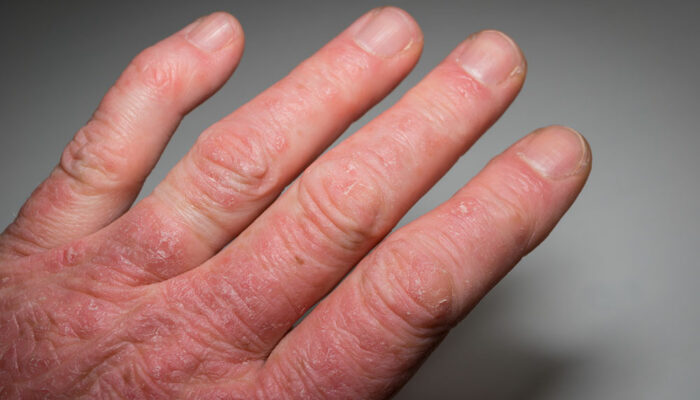
Alternative Treatments for Dry Eyes
With more hours spent on smartphones, computers, and televisions, the eyes get tired and dry. Dry eyes syndrome is a hindering condition, causing hindrance in vision. The best preventive method is reducing the time one spends on screens, allowing eyes to rest. Additionally, one needs to protect the eyes from dust and pollution. However, this is easier said than done.
Apart from consulting your doctor, you can resort to alternative treatment for dry eyes. These include both over-the-counter measures and home remedies. To help you, here are four alternative treatments for dry eyes.
1. Eye drops
Dry eyes are caused because the eye duct that secretes tears dry up. As an over-the-counter preventive measure, doctors suggest eye drops that stimulate the tear glands, fighting inflammation and keeping the eyes moist. However, be aware of eye drops that can contain polyvinyl alcohol, polyethylene glycol, and glycerine as primary ingredients. Using conventional- or glycerine-based eye drops can result in the side effects such as eye pain, distortion in vision, complete blurring of vision, or an allergic reaction if used for a long time. Instead, opt for eye drops that have fewer alcohol components as ingredients. This not only ensures eye health but also protects you against side effects and allergies. While this is not a permanent solution, eye drops are safer and cost-effective preventive measures than over-the-counter or prescription medication.
2. Turmeric
A super spice from the East, this spice can be easily found in every kitchen. Turmeric is an anti-inflammatory substance, anti-oxidant, and is replete with cancer-fighting compounds. Ophthalmologists recommend the addition of turmeric to diet as, when consumed in small amounts, it not only prevents but can also alleviate existing dry eye syndrome. Turmeric can be added to a variety of foods and drinks such as salads, teas, milkshakes, and soups.
3. Chamomile
Chamomile tea is known to be soothing, encouraging a better quality of sleep. This is especially helpful for people with dry eyes syndrome. Furthermore, it has cooling and anti-inflammatory agents that soothe tired eyes and restores the moistness in the eyes.
4. Bilberry
Bilberry is closely related to the blueberry plant family and is considered to be the best plant extract for holistic eye wellbeing. Bilberry activates the tear glands, improves retinal health, and improves blood circulation in the eyes. Due to the presence of flavonoids or vitamin P, bilberry extract can reduce inflammation and swelling in the eyes, making it one of the most sought after remedies for people with dry eyes syndrome. Bilberry can be consumed by adding it to tea or used as eye drops. However, it is important to remember that no more than 22 mg of bilberry should be consumed per day.



